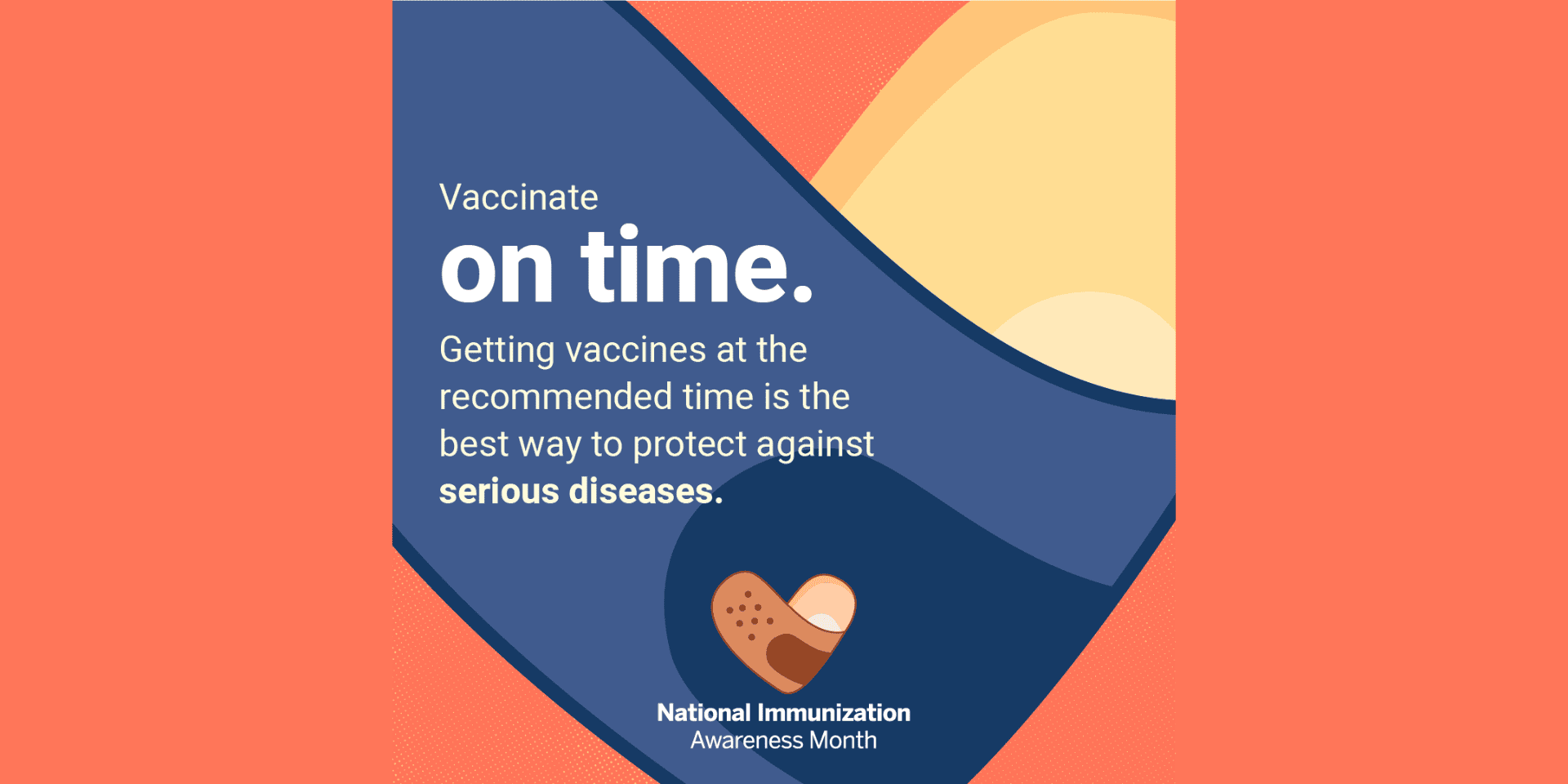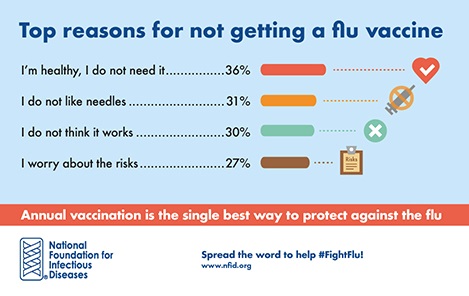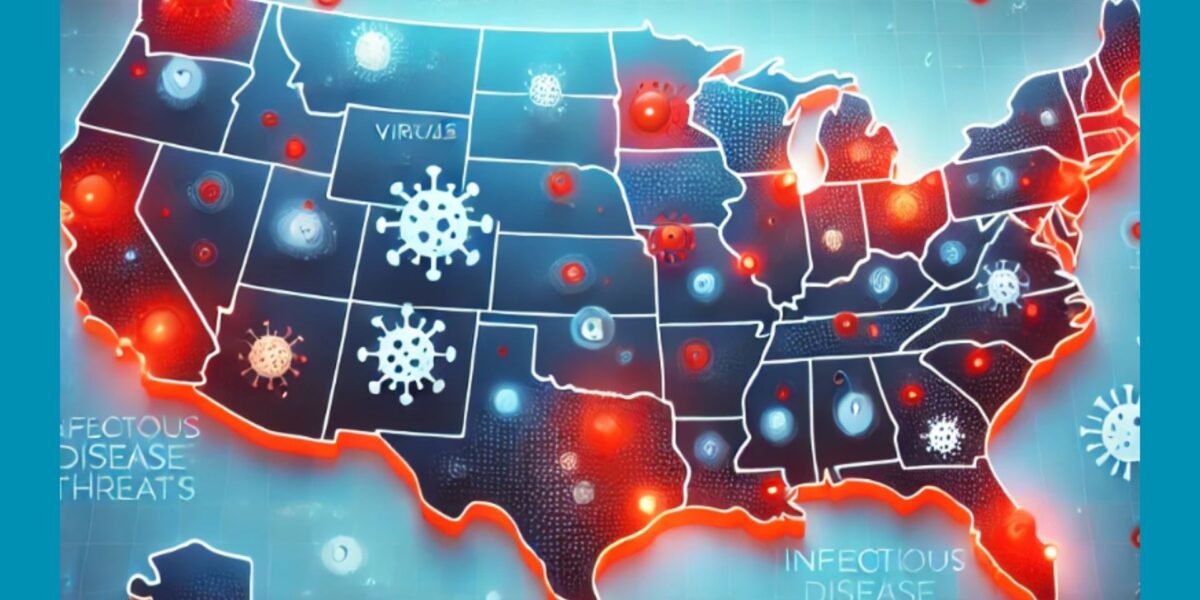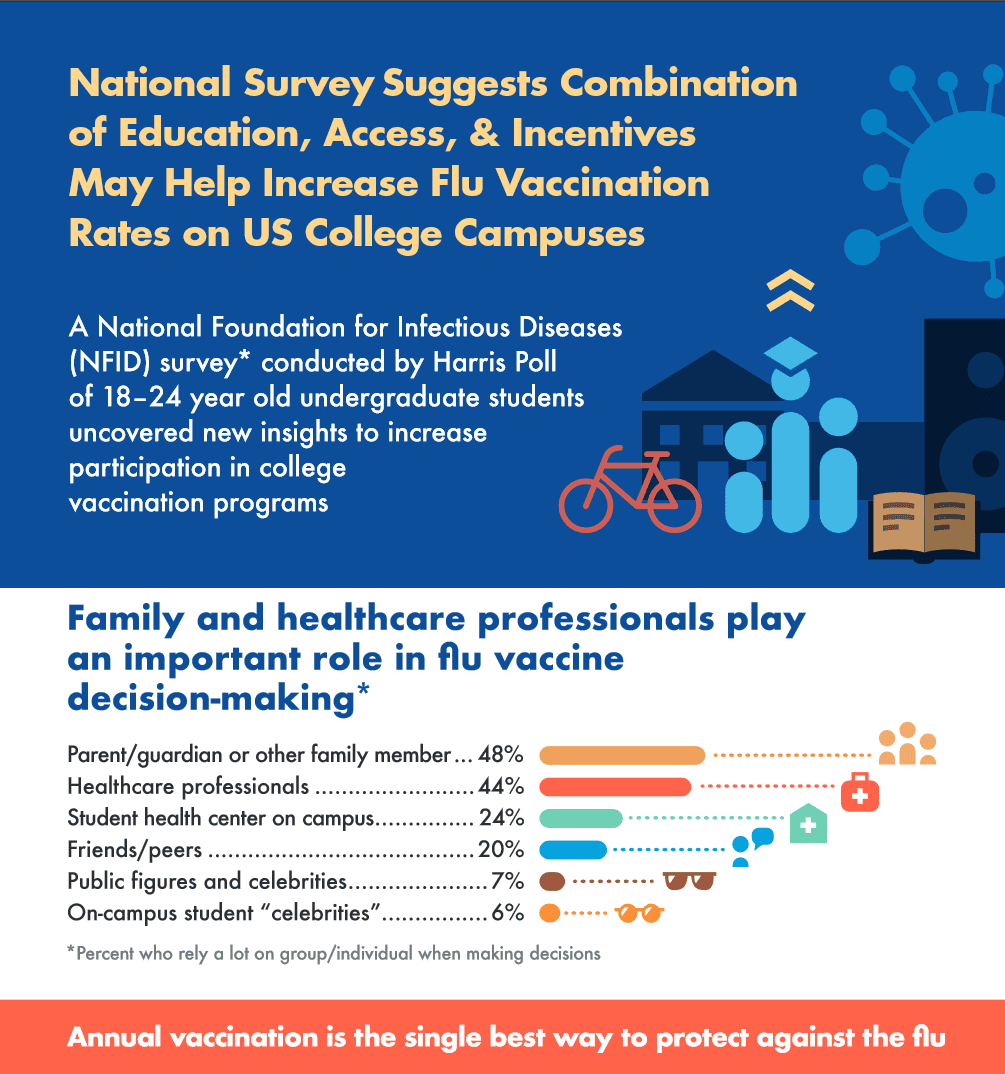
 Special thanks to NFID Director Lisa S. Ipp, MD, associate professor of clinical pediatrics and associate director of adolescent medicine at Weill Cornell Medicine, and NFID Vice President Patricia (Patsy) A. Stinchfield, RN, MS, CPNP, CIC, pediatric nurse practitioner at Children’s Minnesota, for this guest post highlighting the importance of immunization on college campuses during National Immunization Awareness Month.
Special thanks to NFID Director Lisa S. Ipp, MD, associate professor of clinical pediatrics and associate director of adolescent medicine at Weill Cornell Medicine, and NFID Vice President Patricia (Patsy) A. Stinchfield, RN, MS, CPNP, CIC, pediatric nurse practitioner at Children’s Minnesota, for this guest post highlighting the importance of immunization on college campuses during National Immunization Awareness Month.
Based on living conditions and social behaviors, college students are at higher risk for certain infections. Students living in close proximity to others, such as in a dorm or a shared apartment, are at higher risk of contracting meningitis. Influenza (flu) can also spread easily in close quarters, and college students often make themselves more susceptible to flu without even knowing it, with differences in their daily routines and new, possibly unhealthy habits. Many of these infections can be avoided through immunization and good hand hygiene.
While the risks are clear, there are challenges to ensuring this population is up-to-date on recommended vaccines.
Immunization History: Where and What?
It is extremely helpful for healthcare professionals (HCPs) on college campuses to be able to track immunization histories and access state immunization registries. Though these registries differ from state to state, it would be optimal if they had the ability to communicate and share key information. Figuring out where your immunization history is stored is challenging for incoming students, particularly for international students.
There is also a large disparity in what vaccinations are required by each college or university. Some colleges preclude student registration for those students who have not provided a complete vaccine record. There are also differing requirements for part-time and full-time students, even though a part-time student may be on campus, mingling with the student population, just as much as a full-time student. Furthermore, state regulations vary widely and many college health officers are seeing incoming students who have had personal, philosophical, or religious exemptions who must now catch up on recommended vaccines in order to work in hospitals as part of their training. Standardizing this process would be helpful both for HCPs and students.
Some campuses have students entering medicine, nursing, pharmacy, physical therapy, and other healthcare fields, who will have rotations at different hospitals with different proof of immunity requirements. There are wide variations in documentation requirements for health science students rotating through different hospitals and in some cases, hospitals may require vaccine titers as proof of immunity.
The schedule for immunization of HCPs is straightforward and can be standardized in hospitals and colleges. Vaccines recommended for healthcare workers include hepatitis B, measles/mumps/rubella (MMR), tetanus/diphtheria/pertussis (Tdap), varicella (chickenpox), and annual influenza (flu) vaccination. Additionally, those working in labs handling isolates of Neisseria Meningitidis require meningococcal vaccines against Men ACWY and Men B serotypes.
 There are continued challenges with respect to flu vaccination rates. As indicated in a recent NFID national survey, the majority of students do not get an annual flu vaccine while in college. The main reason students reported for not getting a flu vaccine was “I am healthy, I do not need it.” A combination of incentives and improved access to the vaccine were also found to be main components of successful flu vaccination programs. Schools have also found success in partnering with other campus organizations, such as athletic teams, to improve vaccination rates. From a primary care standpoint, a “pre-college visit” should include a reminder about getting a flu vaccination early in the fall.
There are continued challenges with respect to flu vaccination rates. As indicated in a recent NFID national survey, the majority of students do not get an annual flu vaccine while in college. The main reason students reported for not getting a flu vaccine was “I am healthy, I do not need it.” A combination of incentives and improved access to the vaccine were also found to be main components of successful flu vaccination programs. Schools have also found success in partnering with other campus organizations, such as athletic teams, to improve vaccination rates. From a primary care standpoint, a “pre-college visit” should include a reminder about getting a flu vaccination early in the fall.
While there are many challenges to optimal vaccination on college campus, we also know that a primary driver is a strong HCP recommendation. College students listen to their parents and their healthcare providers and HCPs needs to make sure they emphasize the importance of vaccines to help protect students before they arrive on campus.
As you prepare to send your kids back to school, remember that vaccines aren’t just for young children. Make sure your college student is up-to-date on all recommended vaccinations before they head off to school and the new adventures that await…
To join the conversation and get the latest news on infectious diseases, follow NFID on Twitter and join the conversation using #IVax2Protect, like us on Facebook, follow us on Instagram, join the NFID Linkedin Group, and subscribe to receive future NFID Updates.
Related Posts

News Round-Up: Infectious Disease Threats
According to NFID website poll, there are several worrisome infectious disease threats. Read recent news on topics of greatest concern, including avian influenza (bird flu), measles, and respiratory syncytial virus (RSV) …

Vaccines and Heart Health: A Vital Connection
Heart disease can increase the risk of serious or fatal complications from respiratory diseases including COVID-19, flu, and RSV

Harnessing the Power of Local Data
NFID dashboard aims to empower stakeholders with hyperlocal data to increase US adult respiratory vaccine uptake

